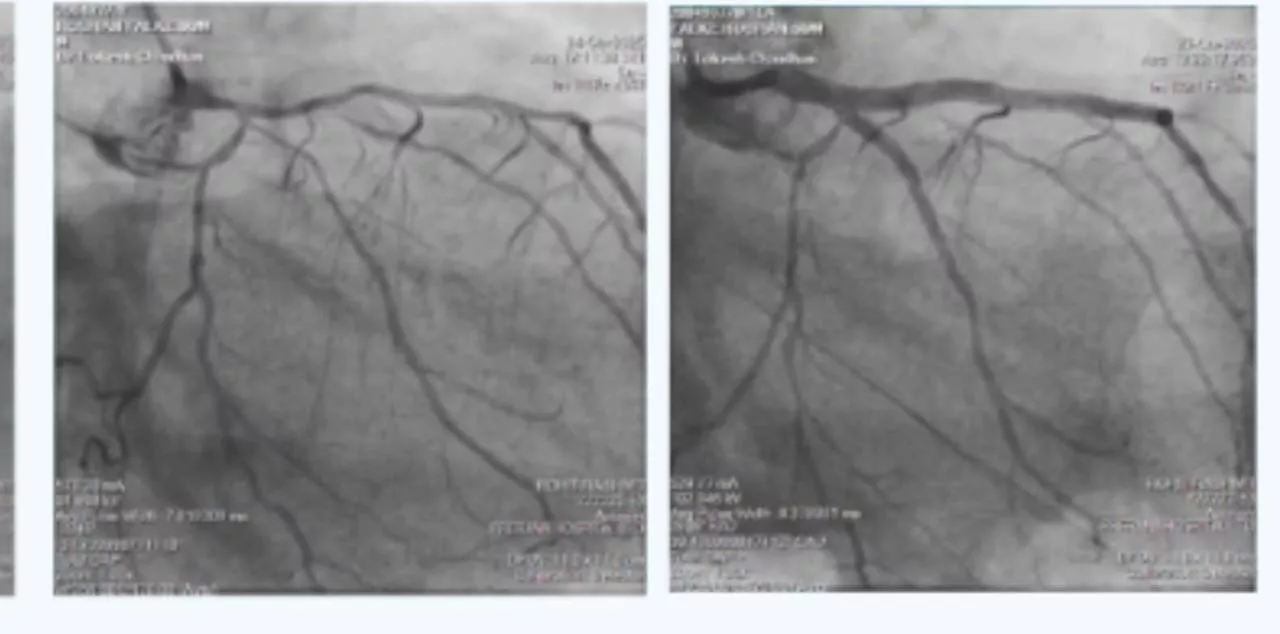Among the various medical conditions that lead to death worldwide, heart attack (myocardial infarction) remains one of the most significant. Despite the tremendous advancements in modern medical science and the remarkable progress in treatment methods for heart diseases, the incidence of heart attacks and related mortality rates continue to remain high. The primary reason for this is the failure to identify and prevent the risk factors early. It is always better to undergo proper screening and adopt preventive measures rather than waiting for the disease to occur and then seeking treatment.
The Importance of Screening
A heart attack is like an uninvited guest who arrives without warning.
However, with regular monitoring and proper screening, it is possible to prevent this unwelcome visitor.
Individuals with conditions such as high blood pressure, diabetes, high cholesterol, obesity, and smoking habits are at a greater risk, as their cardiovascular system gradually weakens over time.
In many cases, neglecting these risk factors allows complications to develop silently, eventually becoming life-threatening. The following are the key areas that can be effectively assessed and managed through proper screening
1.Identifying Hidden Risk Factors:
Through screening, it is possible to detect variations in cholesterol levels, diabetes, and blood pressure, as well as understand the damage these conditions can cause to the heart.
With timely diagnosis and proper treatment, these risks can be effectively managed and controlled, helping individuals overcome the chances of serious heart-related complications.
2.Lifestyle-Related Risks:
Screening helps to identify and correct dietary imbalances, plan suitable exercise routines, and make necessary changes in habits such as smoking and alcohol consumption.
By adopting these adjustments, individuals can effectively overcome lifestyle-related risks and protect their heart health in the long run.
3.Early Detection of Warning Signs:
Through timely screenings, it is possible to identify arterial blockages and irregularities in heart rhythm at an early stage.
With appropriate medical intervention and treatment, these conditions can be effectively managed, thereby significantly reducing the risk of heart attack and ensuring better heart health.
4 Personalized Health Plans:
Through regular screening, it is possible to identify each individual’s health status, lifestyle habits, risk factors, and the presence of conditions that may lead to a heart attack.
Based on this information, personalized health plans can be developed to manage risk effectively and maintain a healthy, balanced lifestyle.
Common Screening Tests:
- Blood pressure check
- Cholesterol and lipid profile
- Diabetes screening
- ECG (Electrocardiogram)
- Echocardiogram / Stress test
- Coronary calcium scoring (CT scan)
Who Should Undergo Screening?
Everyone above the age of 40 years (especially men) should undergo regular cardiac screening at recommended intervals.
People with a family history of heart attack, diabetes, obesity, hypertension, smoking habits, or a sedentary lifestyle must take screening more seriously and ensure regular check-ups to detect risks early and prevent complications






